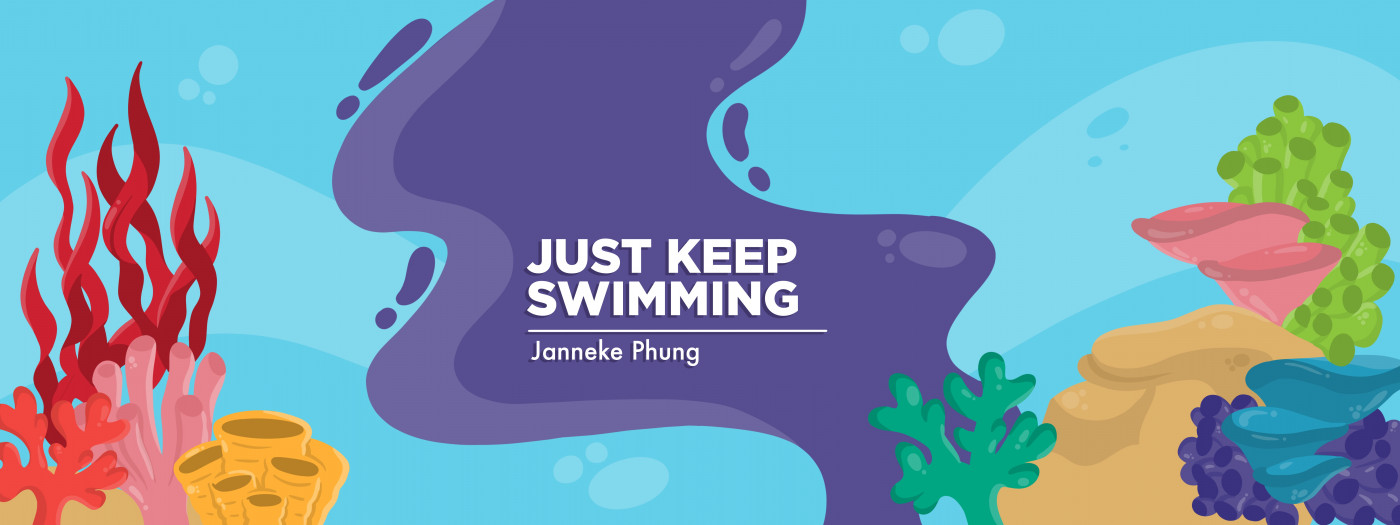How food choices affected my ankylosing spondylitis
A columnist eases her ankylosing spondylitis symptoms by changing her diet
Written by |

Four years ago, I was living in the throes of ankylosing spondylitis (AS). Health professionals told me my pain stemmed from an autoimmune disease that was best treated with biologics. At that time, I would have laughed at you (or more realistically, gotten angry with you) if you’d suggested that a modified diet could reduce my AS symptoms in a life-changing way. I found little scientific evidence to back up the idea. Plus, it appeared too easy. Infuriatingly, it seemed to minimize the severity of my pain.
Yet, that’s what my story has become.
I never expected my diet to have that great of an impact on my health. I was already baking bread from scratch in my own kitchen, cooking most of my meals (and plenty of desserts) at home, and avoiding fast food as much as possible. I only occasionally had processed treats (that’s what I told myself, anyway). Many processed foods I purchased were labeled as healthy. I was doing pretty well, or so I thought.
When I was at the end of my rope with no access to effective medication, I researched. I had hoped to find at-home remedies to try to get my AS symptoms under control. Out of sheer desperation, I figured I could try to clean up my diet a bit.
Finding the right fuel
The more I started researching, the more I realized that people who shared stories of healing from autoimmune disease all had something in common: They fueled their bodies with a whole, anti-inflammatory, nourishing diet and focused on healing the gut.
It makes sense that if you put the wrong fuel into your car, you will experience issues. Is the body any different? I figured I could try dietary modifications as I waited months for my initial appointment with a rheumatologist. I had nothing to lose.
I started eating fresh, whole, nutrient-dense foods. I eliminated all foods that had the potential to cause inflammation. I cut refined sugar (I initially cut even natural sugars down to a handful of blueberries daily), starches (grains, legumes, root vegetables, etc.), dairy, nightshades, nuts and seeds, unhealthy oils, and anything processed or artificial.
I started to treat food as medicine.
At first, I resented the monotonous diet and struggled to thrive. Still, there was a marked reduction in my pain, inflammation, and symptoms. Encouraged, I carried on. I slowly reintroduced more variety to my diet, still avoiding inflammatory foods but adding flavor and diversity. Gradually, my plates of colorful food looked more appealing (to me) than the mac ‘n’ cheese of the person next to me. When I started to embrace this diet, I finally started to thrive.
Hippocrates once said, “Before you heal someone, ask him if he’s willing to give up the things that make him sick.” I had to come to terms with giving up a diet of convenient comfort foods, because there was no guarantee of improvement.
Lifestyle and diet modifications may not be for everyone. Still, I found it helpful to at least be aware of alternative treatment options instead of simply taking medications for the rest of my life.
It amazes me to think of how food has impacted my AS journey. I now live a mostly pain-free and entirely medication-free life with ankylosing spondylitis. Yet, it’s maddening to think I’ve turned into one of those “crunchy mommies” who thinks everything can be healed with food (OK, OK, not everything)!
Thanks for reading! You can learn more about my story, browse starch-free recipes, or peruse the stories of others who successfully manage their AS with diet and lifestyle modifications on my website. Join me on Instagram and Facebook for the latest updates and recipes.
Note: Ankylosing Spondylitis News is strictly a news and information website about the disease. It does not provide medical advice, diagnosis, or treatment. This content is not intended to be a substitute for professional medical advice, diagnosis, or treatment. Always seek the advice of your physician or other qualified health provider with any questions you may have regarding a medical condition. Never disregard professional medical advice or delay in seeking it because of something you have read on this website. The opinions expressed in this column are not those of Ankylosing Spondylitis News or its parent company, Bionews, and are intended to spark discussion about issues pertaining to ankylosing spondylitis.







Leave a comment
Fill in the required fields to post. Your email address will not be published.